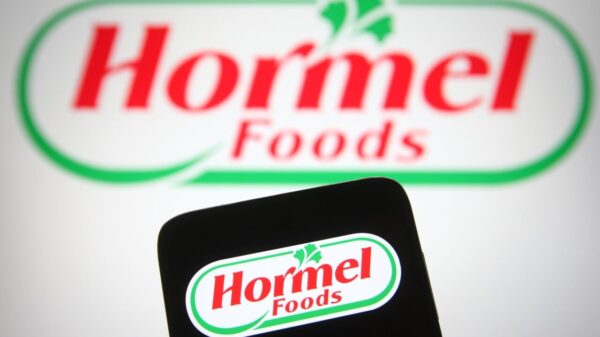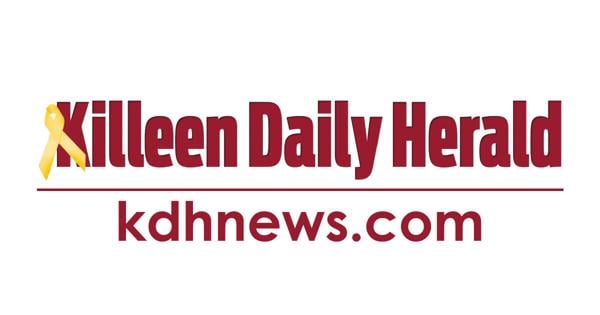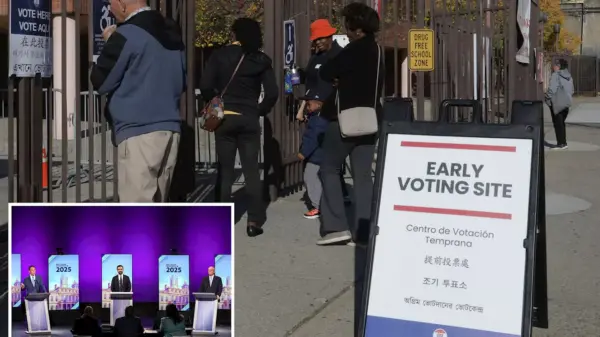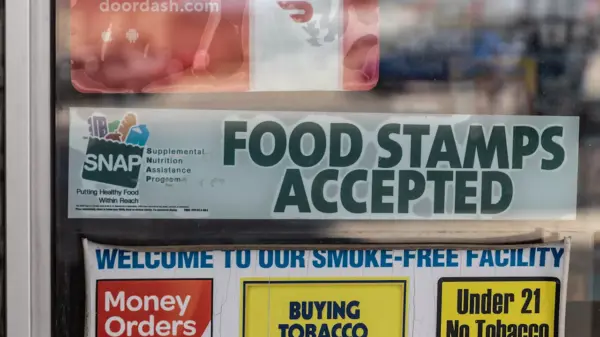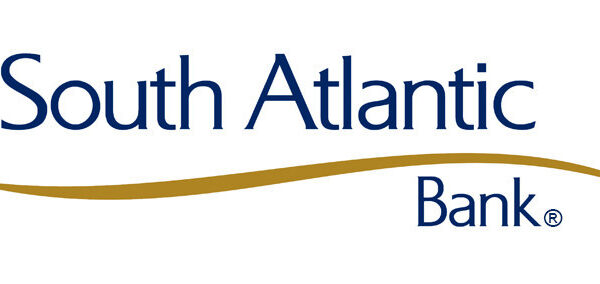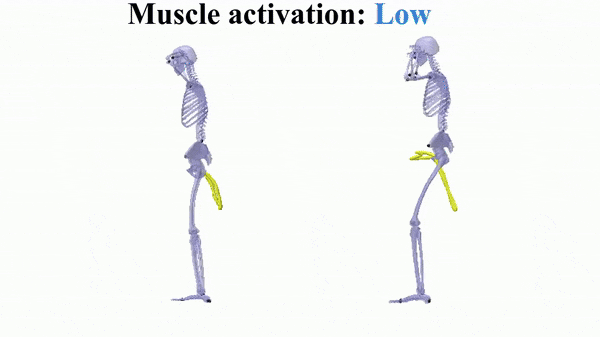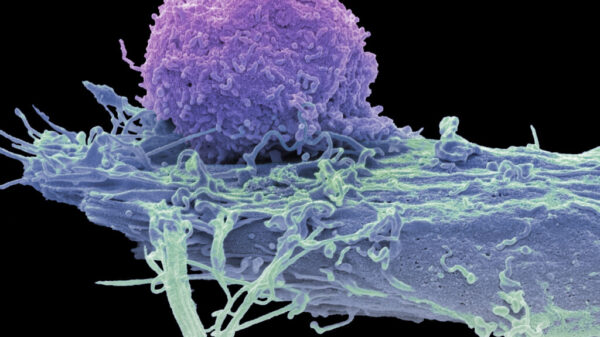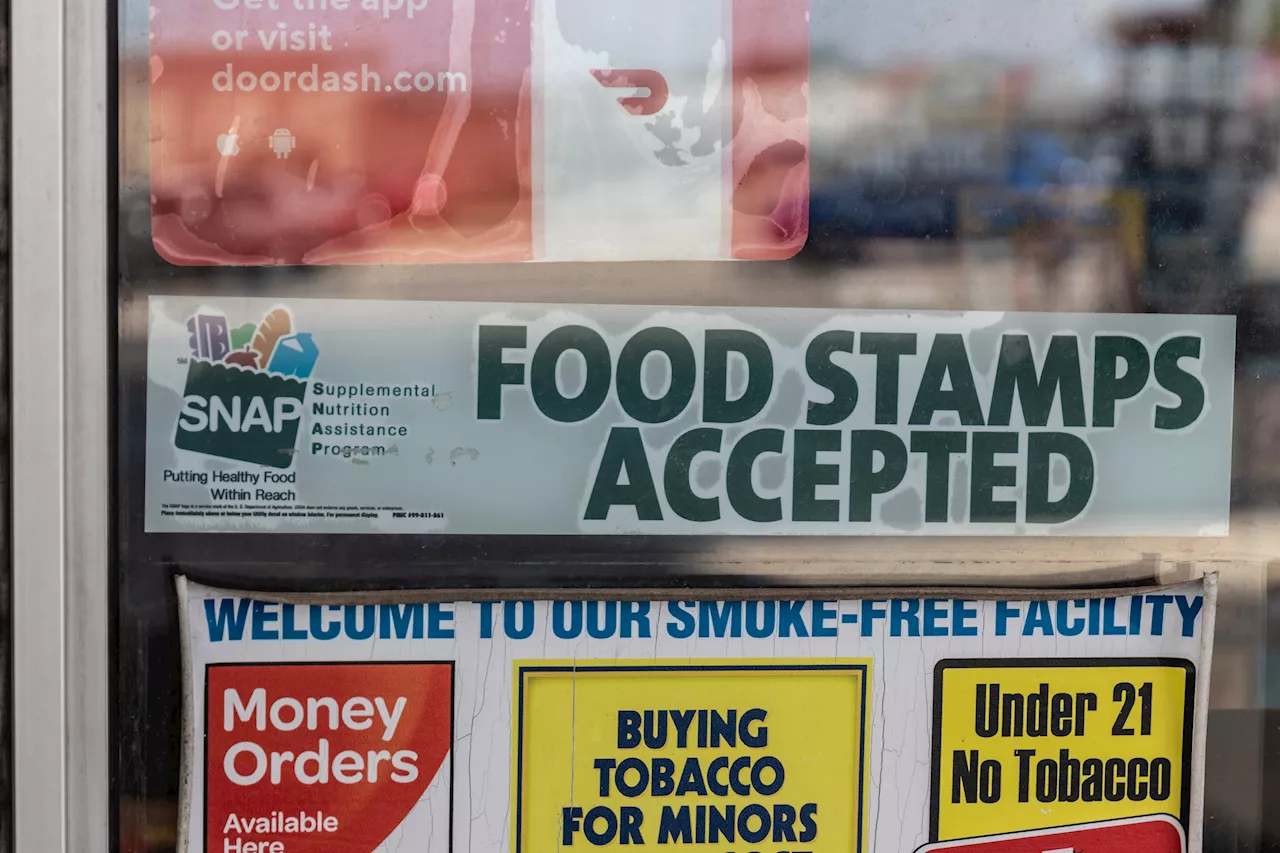Food banks in Chicago are bracing for a significant increase in demand as the ongoing government shutdown impacts the Supplemental Nutrition Assistance Program (SNAP). Families who previously did not rely on food assistance are now seeking help, with organizations like Common Pantry at 3908 N. Lincoln Ave. urgently requesting support to meet the rising needs of the community.
As the shutdown continues, many employees are feeling the financial strain, and with the loss of SNAP benefits, families are facing food insecurity. This situation is expected to worsen as the holiday season approaches. Margaret O’Connor, the director of Common Pantry, noted, “Coming around the tail end of the year, most pantries are gonna see a surge in people looking for support. Prices aren’t coming down; food is expensive. You’re gonna feel it no matter who you are, whether you’re on the cusp of poverty or not at all.”
Emergency Measures and Community Response
In response to this growing demand, Common Pantry has recently reinstated its emergency home delivery program. This move aims to assist families who may be hesitant to leave their homes due to fears of immigration enforcement. The pantry’s efforts highlight the challenges that many families face daily, exacerbated by rising food prices and increased isolation.
The surge in demand is not unique to Chicago. Across the United States, food banks are preparing for what many anticipate will be an unprecedented strain on resources. As Thanksgiving approaches, the need for assistance typically increases, and this year, it is expected to be particularly acute.
The situation in Illinois reflects a broader national concern. With nearly 42 million Americans at risk of losing SNAP benefits, food banks are urging recipients to utilize their remaining funds and seek assistance before benefits are potentially suspended in early November.
Food banks across the nation are witnessing similar trends as families turn to them for support. They are working tirelessly to prepare for the influx of individuals seeking food assistance. The importance of community support cannot be overstated, as these organizations rely on donations and volunteers to sustain their operations.
The Human Impact of Food Insecurity
The impact of food insecurity is profound, affecting not only individuals’ physical health but also their mental well-being. Families relying on SNAP benefits often face tough choices between essential needs. As the government shutdown persists, the uncertainty surrounding food assistance adds to their stress.
In light of these challenges, local organizations, such as Common Pantry, are appealing to the community for donations and volunteers. The goal is to ensure no family goes hungry during this difficult time, especially as the holiday season is traditionally a period of giving and gratitude.
As the situation evolves, food banks will continue to adapt to meet the changing needs of their communities. The combination of rising food costs and the loss of government assistance is creating a perfect storm for food insecurity, making the role of food banks more crucial than ever.
Individuals interested in supporting their local food banks can find ways to contribute through donations or volunteering. The reality is that the need for food assistance will only grow in the coming weeks, and community efforts will play a vital role in addressing this crisis.


